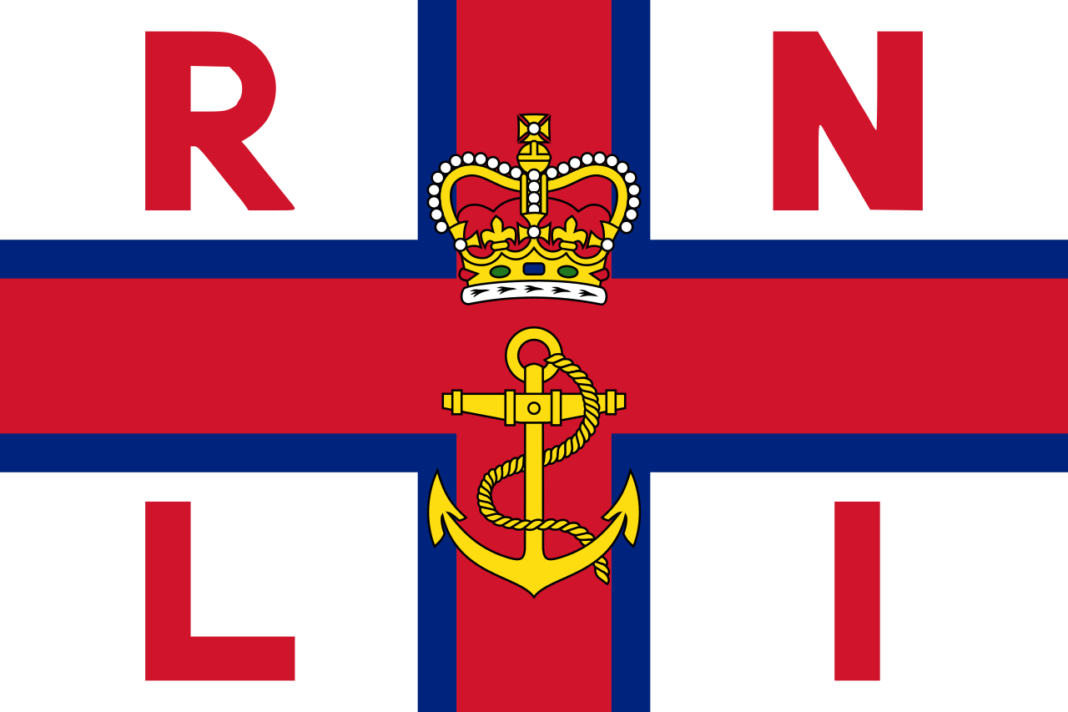The Royal National Lifeboat Institution (RNLI) is the largest charity that saves lives at sea around the coasts of the United Kingdom, the Republic of Ireland, the Channel Islands, and the Isle of Man, as well as on some inland waterways. It is one of several lifeboat services operating in the same area.
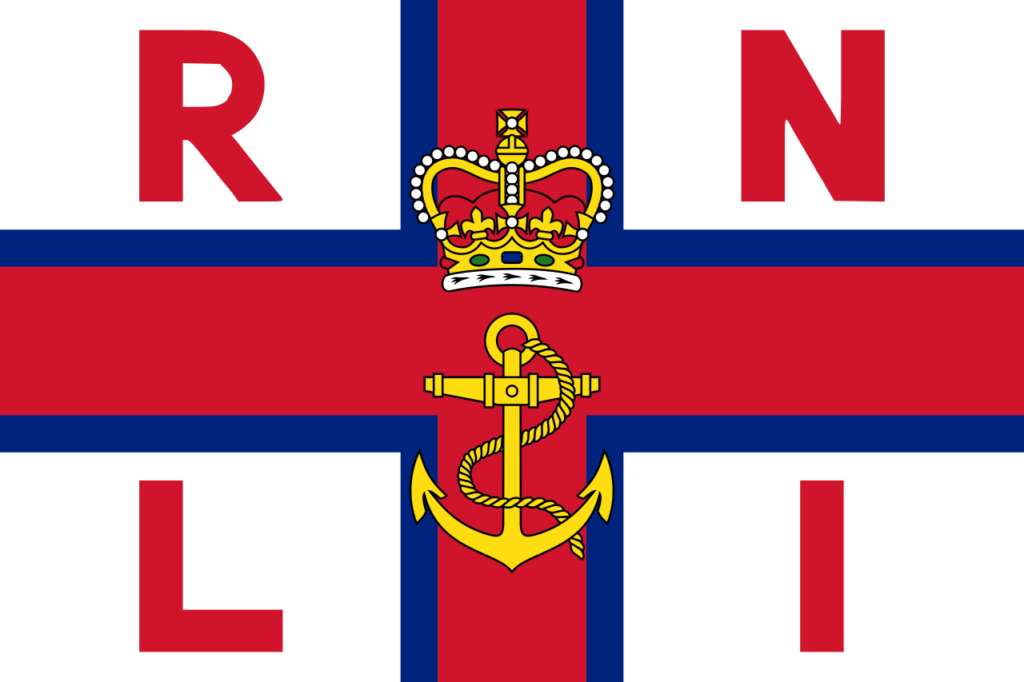
It was founded in 1824 as the National Institution for the Preservation of Life from Shipwreck, soon afterward becoming the Royal National Institution for the Preservation of Life from Shipwreck, under the patronage of King George IV. On 5 October 1854, the institution’s name was changed to its current name (RNLI), and in 1860 was granted a royal charter.
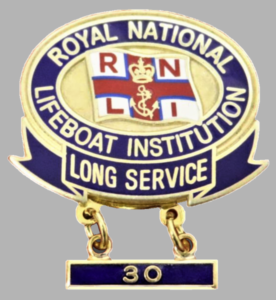
The RNLI is a charity in the UK and in the Republic of Ireland of which Queen Elizabeth II is patron. The RNLI is principally funded by legacies (65%) and donations (28%), with the remainder from merchandising and investment. Most of the members of its lifeboat crews are unpaid volunteers.
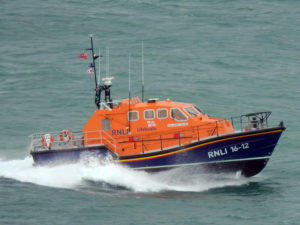
The RNLI is based in Poole, Dorset. It has 238 lifeboat stations and operates 444 lifeboats. RNLI lifeguards operate on more than 200 beaches: the lifeguards are paid by local authorities, but the RNLI provides equipment and training. The institution also operates flood rescue teams nationally and internationally, the latter prepared to travel to emergencies overseas at short notice.
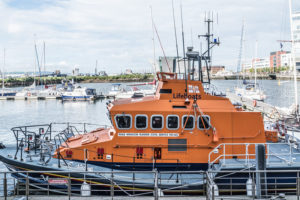
Considerable effort is put into training and education by the institution, particularly for young people; in 2013, more than 6,000 children a week were spoken to by education volunteers about sea and beach safety, and over 800 children a week received training. Crews rescued on average 22 people a day in 2015. The institution has saved some 140,000 lives since its foundation, at a cost of more than 600 lives lost in service.
According to wikipedia





